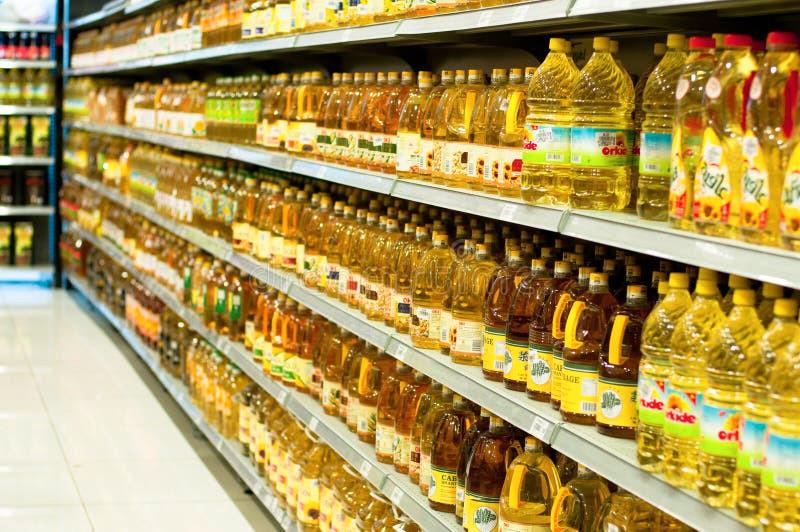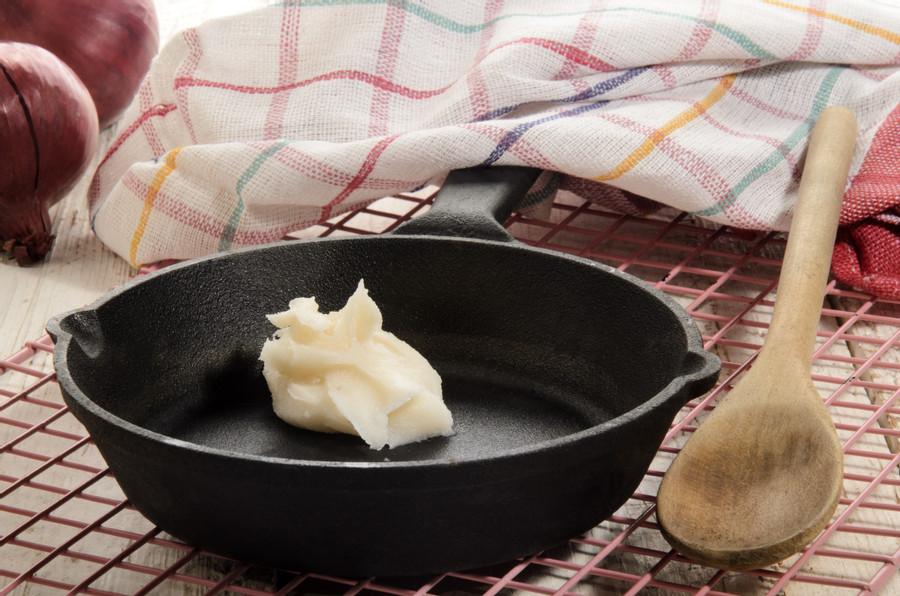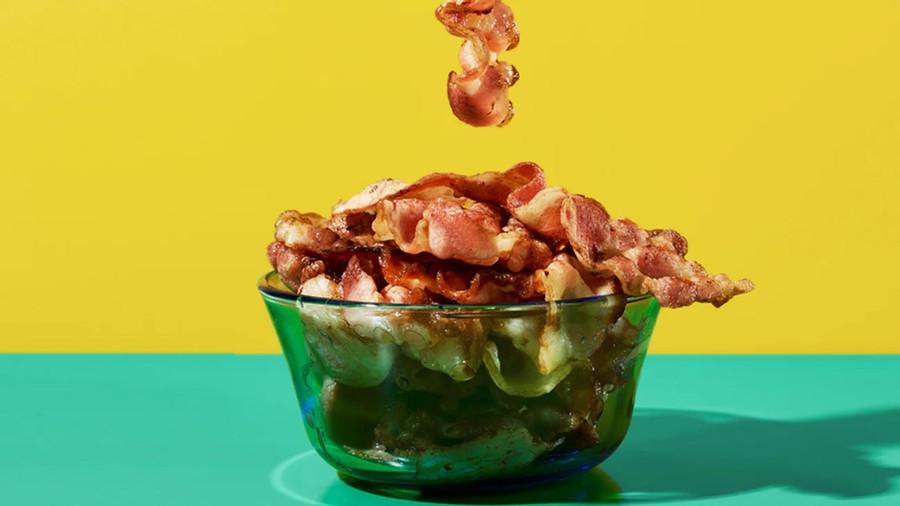Explore the World's Best Ideas
Join today and uncover 100+ curated journeys from 50+ topics. Unlock access to our mobile app with extensive features.
The Vegetable Oil Takeover
Industrially processed vegetable (seed) oils are ubiquitous in the supermarket. These oils were meant to replace animal fats and improve the health of America when they were introduced during the second half of the 20th century.
Consuming vegetable oil instead of animal fat was the best way to reduce blood cholesterol levels, which was at the time, understood to be a major cause of heart disease. But decades later, obesity and chronic disease rates continue to rise. In fact, the introduction of industrial vegetable oils to the food supply correlates very well with the rise in obesity rates.
7
145 reads
Vegetable Oil Becomes Mainstream From The 1960s Onwards
Most other industrial vegetable oils were introduced around the 1960s, although soybean oil came earlier in the 1930s. These oils were big hits since they were:
- Cheaper to produce and could utilize plant by-products
- Convenient for industrial and home cooking
- “Heart healthy” according to current nutritional knowledge.
Thanks to their affordability and ease of use, vegetable oils became popular ingredients in processed and fast food.
7
109 reads
Why We Should NOT Consume Vegetable Oils
- Vegetable oils contain high amounts of PUFA (polyunsaturated fatty acids, good fats)which are susceptible to degradation when exposed to heat (even cooking), light, and oxygen. These types of oils can go rancid quickly if improperly stored.
- Vegetable oils are often stored in plastic bottles, which further increases light exposure. Plastic bottles contain bisphenol-A (BPA) and similar compounds. These compounds are endocrine disruptors and can cause damage to the reproductive and metabolic health of exposed individuals. BPA is fat-soluble and could easily leech into oils bottled in plastic.
9
109 reads
Why We SHOULD Consume Vegetable Oils
- Vegetable oils are well understood to reduce circulating low-density lipoprotein (LDL) concentrations which are associated with heart disease.
- However, replacing saturated fats with PUFA (good fats) doesn’t seem to improve heart disease outcomes in human studies. The problem could be that LA (linoleic acid, omega-6 fatty acid, and an essential nutrient) in vegetable oil is too easily oxidized and in turn oxidizes lipids in LDL particles.
- We have to keep in mind though that LA is an essential fatty acid and we do require a certain amount of it for maintaining a NORMAL inflammatory response.
7
99 reads
Animal Fats Are Stable To Storage
Animal fats are very stable through storage and cooking due to the high saturated fat content which lack of carbon-carbon double bonds in their structure. This indicates that cooking with animal fat could reduce the number of harmful lipids ingested with a meal which would reduce the burden of oxidative stress.
Animal fats have also been consumed by humans for millions of years. Yet, obesity rates only began to rise during the last century when vegetable oils started being consumed.
7
89 reads
Animal Fats And Fat Soluble Vitamins
Why do animal fats keep popping up as a factor contributing to health in traditional cultures? It could be that animal fats are carriers of fat-soluble vitamins like A, D, E, and K2.
Animal fats also contain some unique lipid species that are not found in plants. In fact, looking at individual fatty acids in specific foods is likely going to become an important area of study in nutritional sciences to better understand the biological effects of specific fatty acids.
7
112 reads
Why We SHOULD NOT Consume Animal Fats
- Consuming high amounts of saturated fats which are usually present in animal fat can increase serum LDL, which by current dogma, is a risk factor for heart disease. This has likely been the major argument against saturated fat consumption over the last few decades.
- Another argument against saturated fat consumption is concerning the lipid composition of cell membranes. Unsaturated fats are largely responsible for maintaining membrane fluidity so there is concern that a diet high in animal fats could displace unsaturated fats on the cell membrane with saturated fats and this could be damaging f
or the cell. As it turns out, this is likely a false pretense.
7
105 reads
The Environmental Discussion
It has to be said that there are real issues with current standards in animal production that impact both the quality of the meat (and fat), and the environment.
These problems will not be easily solved but the recent demand for higher quality meat has paved the way for producers to start raising livestock by means that are much more environmentally friendly.
7
76 reads
IDEAS CURATED BY
Weston I.'s ideas are part of this journey:
Learn more about food with this collection
The importance of physical activity
The role of genetics in lifespan
How to maintain a healthy diet
Related collections
Similar ideas
Read & Learn
20x Faster
without
deepstash
with
deepstash
with
deepstash
Personalized microlearning
—
100+ Learning Journeys
—
Access to 200,000+ ideas
—
Access to the mobile app
—
Unlimited idea saving
—
—
Unlimited history
—
—
Unlimited listening to ideas
—
—
Downloading & offline access
—
—
Supercharge your mind with one idea per day
Enter your email and spend 1 minute every day to learn something new.
I agree to receive email updates




